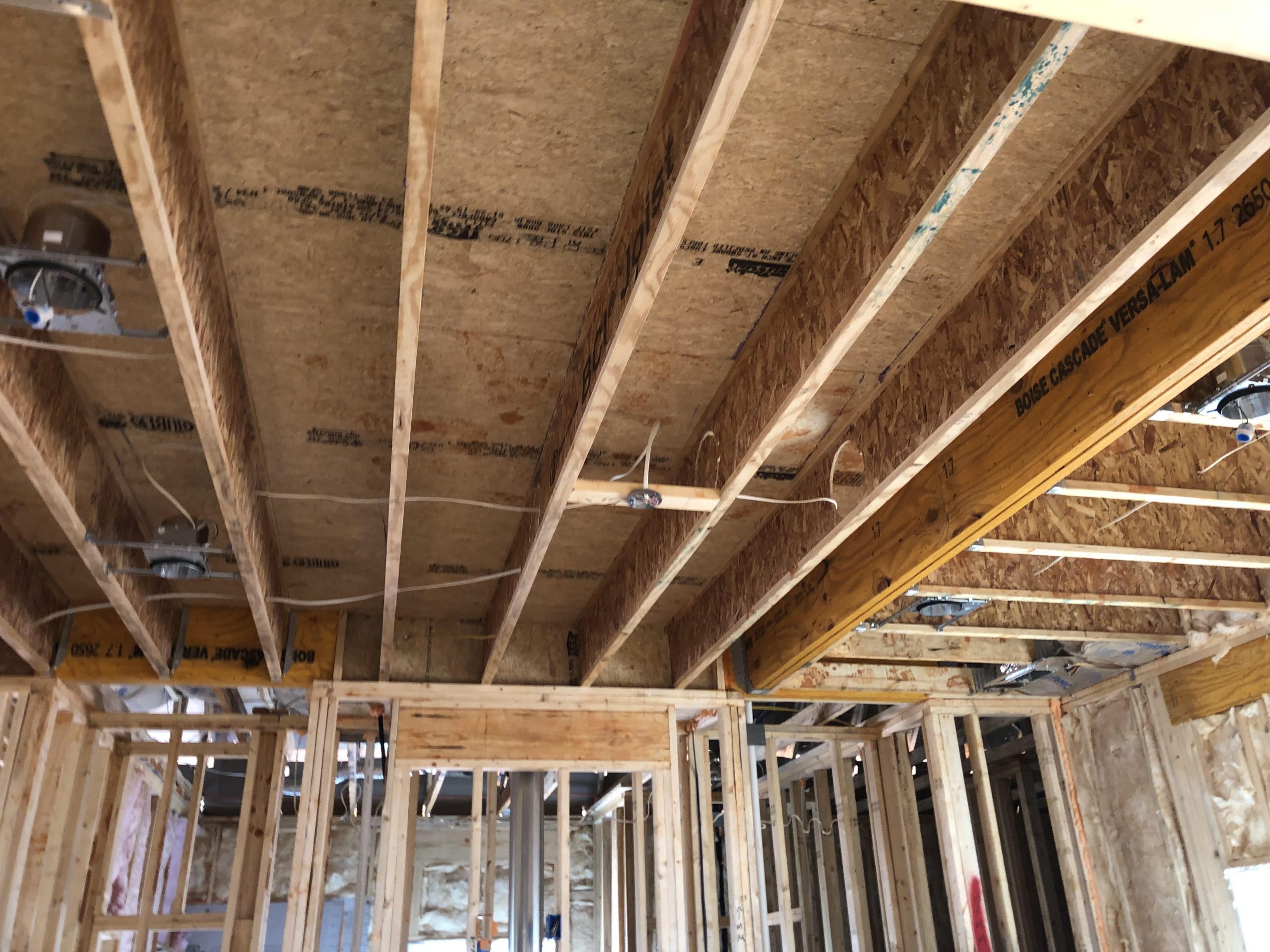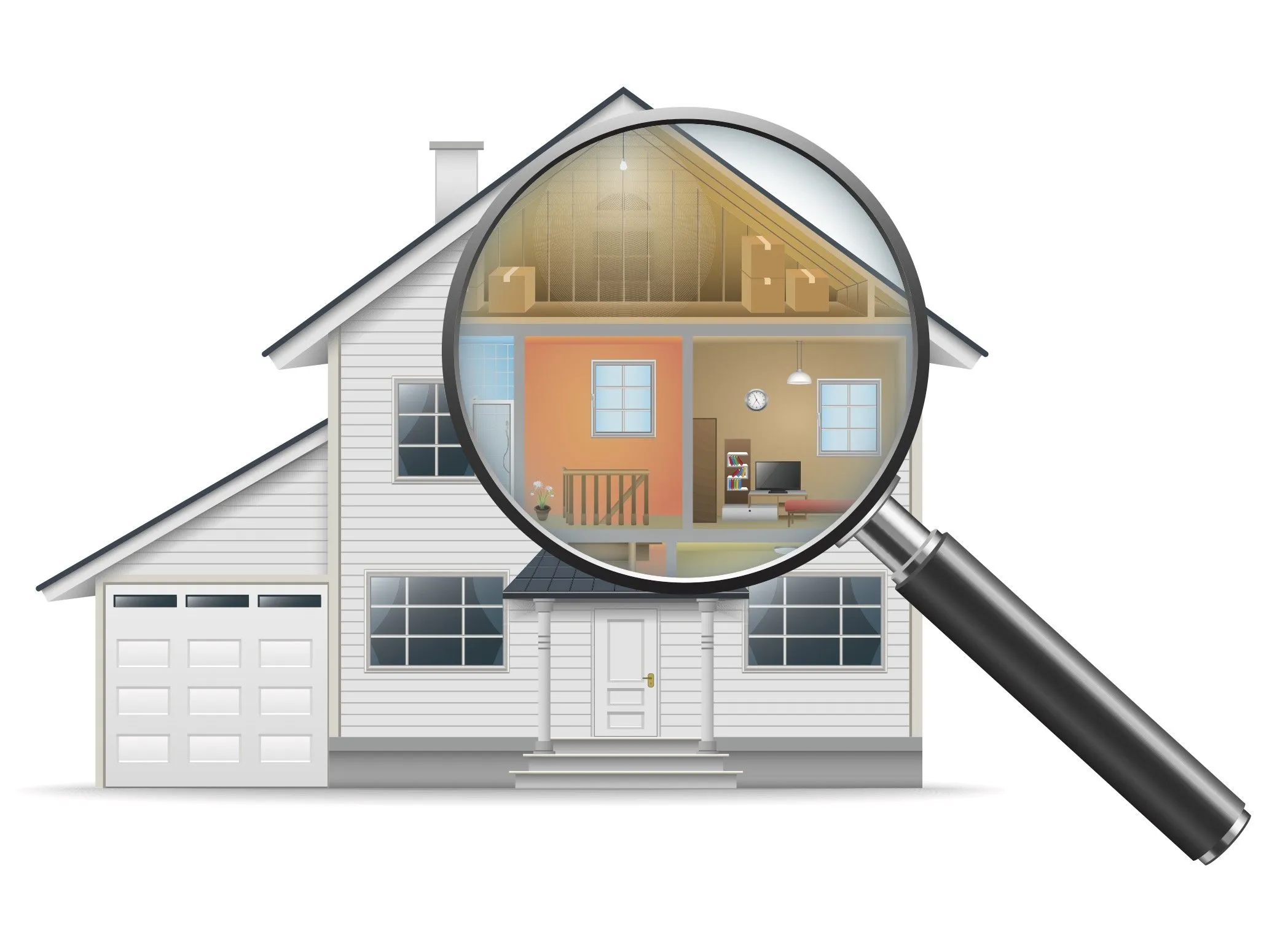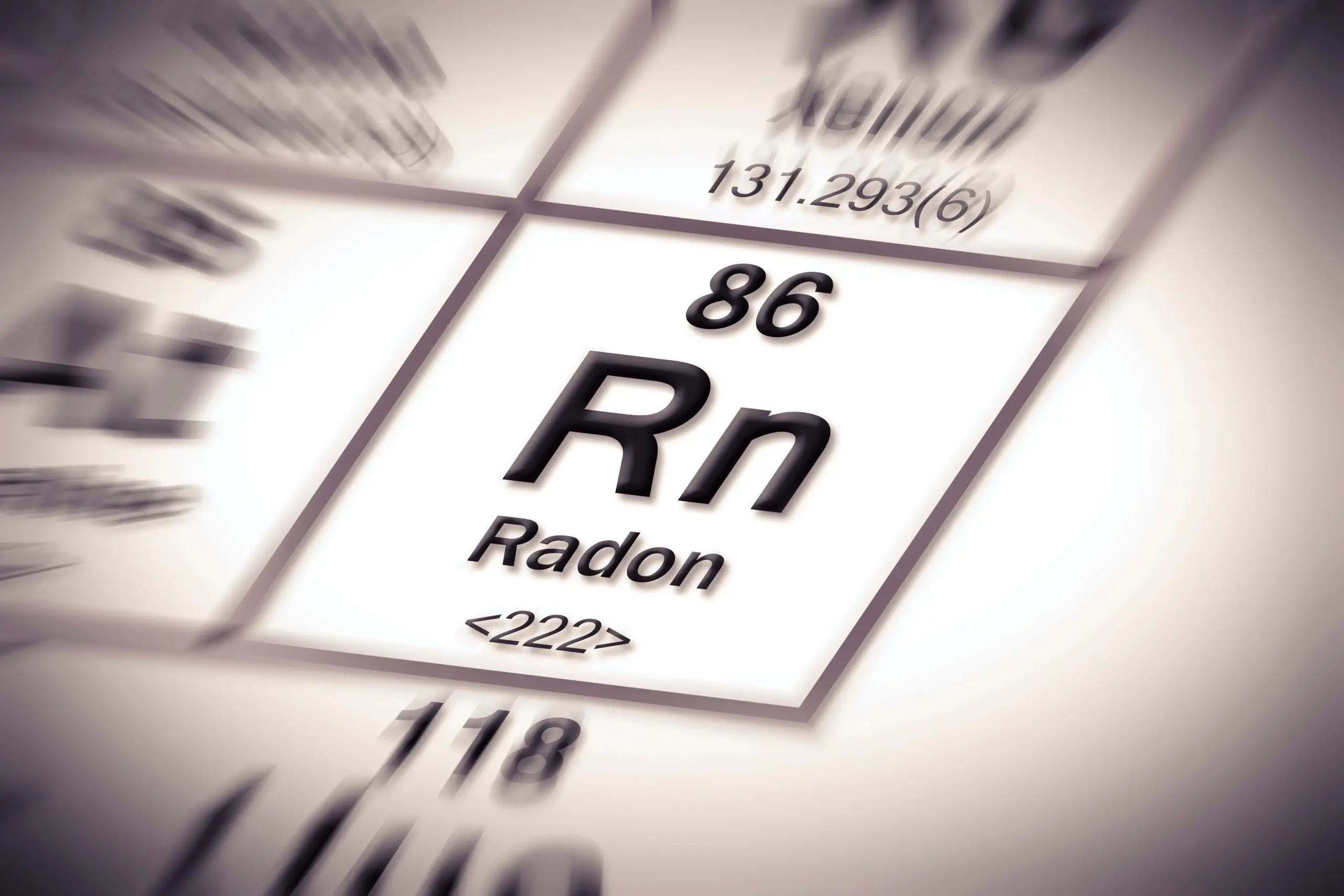Do you own a home? Are you planning on buying or selling a house? If so – you need a home inspection! Whether you are a home buyer, the seller, or have unanswered questions about your house, a home inspection can help avoid unplanned expenses or save you the surprise of a major repair or worse. Having a licensed home inspector evaluate what is most likely your largest investment, can give you peace of mind or it can uncover issues lurking just beyond your view or knowledge. There are 3 primary reasons YOU should get a home inspection.
1. Safety, Safety, Safety
Regardless of your current situation, if your home has not gone through a home inspection process, you may be living in a house that could have a serious safety issue. From the building materials the home was built with to the condition of the electrical components and wiring, there could be danger that is not apparent.
As an inspector, I have seen many issues over the years. I am reminded about a home inspection I was performing for a seller. The home was a beautiful lake home, old – but well cared for. The seller wanted to know if there were any issues that she should take care of before selling the home. During the home inspection, I removed the cover from an electrical panel to discover a wire that was arcing. It was melting and the breaker was not tripping. If the electrical system had not been inspected, there could have been significant damage – if not a major loss from concealed electrical issues. Having a home inspection can uncover numerous safety issues that could have an impact on you, your family or your potential buyer.
Other Safety Concerns
In addition to standard home inspections, other inspections can be performed to keep the occupants safe. In some areas, radon can be prevalent. Knowing if your home has elevated radon levels can prevent major health issues in the future. The EPA estimates that radon causes 21,000 lung cancer deaths each year in the United States. Radon testing, and mitigating radon, if necessary, can save lives. Radon can occur in any type of home, anywhere in the United States, so don’t assume your home is radon free.
Mold can also be a concern. If you have allergies, asthma, or other respiratory issues, having your home inspected for mold can be the first step in avoiding potential health problems. Mold testing is generally completed by specialized inspectors, so check with your inspector.
2. Avoid Surprises
As a normal homeowner, chances are you aren’t trained in residential construction or the electrical, HVAC, plumbing, and other components of the home. Unless properly trained, it is difficult to know what to look for and how much to worry about any one item you may find. There are times when a small item can be a major repair in hiding or something huge that isn’t really an issue at all. A good inspector can give you the information to make an informed decision.
For the Seller
You’ve signed a contract and you are on track to either buy or sell a home. This can be one of the most exciting and rewarding events in your life – but houses can have problems. As a seller, having a pre-listing home inspection can bring your attention to any major issues that should be corrected prior to listing. In some cases, this may even increase the amount you will list your house for and shows your potential buyers that your home has a clean bill of health.
I have gone into many crawlspaces and found significant termite or moisture damage that the seller had no idea existed. The buyer will expect the seller to correct these issues or make significant concessions and if this catches you by surprise, this could change everything for you as a seller. Maybe you needed your full contract price to afford the down payment on the home you are wanting to relocate to or maybe you were unprepared to fork out tens of thousands of dollars on repairs… it is better to know these things before your buyer points them out for you.
For the Buyer
As a buyer, it’s more of an obvious decision to have a home inspection. In the age of DIY, there are many “improvements” that can turn into a money pit for the buyer. Having an inspector review those improvements will help the buyer make informed decisions – even if it looks good, it doesn’t mean that it was done right.
Another issue is that most buyers, buyers’ agents and most sellers will not venture into the depths of an attic or a spider filled crawlspace, but your inspector will. Many times, major problems or serious structural issues can be found in those areas. Knowing about all of these issues that your potential new home has will help you decide to buy as-is, have the issues corrected or walk away. Just be sure that if you choose to walk away, that you carefully review your contract. Your realtor will prove to be invaluable in this situation.
3. Protect Your Investment
So, you’ve spent potentially hundreds of thousands of dollars on your dream home… Congratulations! If you had a comprehensive home inspection, you know your investment is sound. However, if you didn’t have a home inspection you only know what you can see or what your experience tells you about your home.
Perhaps it looks good, smells good and the lights come on. That’s great… but what if there is a damaged wire in the panel that you can’t see? Or what if there is a small drip coming down into the crawlspace because of a pinhole leak that is growing in your bathroom wall? Or, what if your HVAC system – which was already struggling at the time of purchase has a catastrophic failure… in July? All of these things can cost you more money in the long term than it would if you knew about it months or years earlier.
Lastly, you will want to maintain your house for years to come. A home maintenance inspection can provide you with the information to move forward with fixing minor issues, replacing, or simply maintaining your home. Many things can be done to save money in the long run and a good inspector will know what those are.
Final Thoughts
I often think of the hundreds of families that I’ve had to give the bad news to. The house that they fell in love with has a major issue. Then I think about the heartache, the money and potentially their safety that has been saved. The failure to have a home inspection would have surely cost money in all of those cases. Most likely far more than the cost of a home inspection – but it could have also resulted in tragedy.
The reasons to have a home inspection should be clear:
For your family’s safety – schedule a thorough inspection with a licensed home inspector.
To avoid surprises in a real estate transaction, definitely have your potential home inspected.
If you want to protect your largest investment, be informed about the condition of your home and have a home inspection.
Consider these 3 reasons to have a home inspection and then consider how much not knowing about a problem could cost you. How could you afford not to have a home inspection?
Having a home inspection as part of a real estate transaction is an important step in protecting your investment and ensuring that you are making a sound decision. Home inspections provide potential buyers and sellers with clarity on the condition of the property and can help reduce the risk of surprises during or after the sale. Make sure to do your research and select an experienced, licensed home inspector for your next home inspection.
Frequently Asked Questions
No, typically home inspections do not complicate the home buying process. If anything, they help simplify it by providing buyers and sellers with clarity on the condition of a property. This can make negotiations easier and reduce the risk of surprises during or after the sale. Additionally, inspection reports can be required by certain lenders to approve financing for prospective homeowners to protect their financial interest.
The best way to find a home inspector is to ask friends, family members, and colleagues for recommendations. You can also search online for accredited home inspectors in your area, or contact real estate agents who typically have a list of reliable home inspectors whom they work with. Make sure to read reviews and compare services offered before making your decision. Additionally, it’s important to make sure that the home inspector you select is licensed and insured. If you’re in the Upstate South Carolina Area, Request Your Inspection Now!
No, not all home inspectors are the same. It is important to do your research and select the home inspector that best meets your needs and has experience in the type of property you are looking at. Ask questions about their qualifications and experience, as well as what types of inspections they specialize in. Additionally, it’s important to compare fees, services offered, and reviews from past clients. Overall, you want to ensure that your home inspector is knowledgeable and experienced in the type of property you are looking at.
Typically, a comprehensive home inspection usually takes between two to three hours depending on the size of the house and what condition it is in, although large homes can take longer in some cases. The inspector will need to check the exterior, interior, attic, basement or crawlspace and other areas of the house. Additionally, they may use special equipment to ensure that all aspects of the property are inspected thoroughly.
Generally, you can expect your inspection report within 48 hours of the inspection. The report should include a detailed overview of the condition of your property, including any potential safety issues or repairs that need to be made.
The cost of a home inspection can vary depending on the size of the property and what type of inspection is being performed. Generally, the cost will range between $300-$600 for a comprehensive home inspection. It is important to note that some inspectors may charge extra for additional services such as radon testing or mold testing so it’s important to check with your inspector and get a detailed quote before the inspection takes place. In some cases, the cost of a home inspection may be included in your closing costs, so ask your real estate agent.
Once the home inspection is complete, you and your real estate agent will have access to a detailed home inspection report with all of the home inspector’s findings and other details about the home. This inspection report can help you make an informed decision about whether or not to proceed with the purchase of a home. If there are any issues, you can use this inspection report to negotiate with the seller for repairs needed or additional concessions or even an adjustment to the asking price. It is always important to get any issues addressed and repairs completed before closing on the sale of a home.
You may also want to consider a re-inspection. Re-inspections are usually performed after any repairs or improvements have been made to the property, and they are an important part of the home buying process. Re-inspections provide validation that the repair requests were completed, helping to ensure that there were no repair issues or other problems caused by the completed repairs.
Home inspections typically cover all major components of a home, such as the roof, foundation, walls, ceilings and floors. The inspection also covers the electrical system, the plumbing system, heating and air conditioning systems as well as appliances that are included with the sale of the property to ensure they are functioning properly. The inspector will check for structural issues or defects as well as safety hazards that could potentially be hazardous to the buyer. The inspector will also look for signs of pests and other problems that could affect the property’s value. Additionally, they may provide advice on how to improve energy efficiency or make other improvements that could increase the value of a property.
A home inspection can help you make the right decision when purchasing a property by providing an honest assessment of the condition of the home and its major systems. Take the time to research and select an experienced, licensed home inspector before beginning your inspection. It’s always best to do your due diligence and make sure you’re getting a quality home inspection from someone knowledgeable.
A home inspection does not guarantee the condition of a property at any future date, nor do they identify all potential problems, especially those that are not visible to the inspector. At a minimum, a home inspection will cover the standards of practice adopted by the state regulating body. A home inspection will provide buyers and sellers with the information they need to make an informed decision about a property, but it’s ultimately up to them to decide if the property is right for them. Additionally, home inspections should always be done by trained professionals who are licensed in their state.
A home inspection is also not necessarily a pest inspection. You may also need a pest inspector to complete an inspection and termite damage report before the closing process.
Yes, it is always best to have a home inspection done on any property before completing the purchase. This is especially important when purchasing new construction as there may be unseen issues or deficiencies with the building that could lead to problems down the line. A professional home inspector will be able to inspect all aspects of the property, from structural components and electrical systems, to the quality of the building materials and workmanship, to ensure that everything meets industry standards. You will want all of these items repaired prior to closing.
It is also important to remember to get a warranty for any new construction property. This can provide additional assurances that the building will be covered by the manufacturer if there are any issues or defects in the future.






